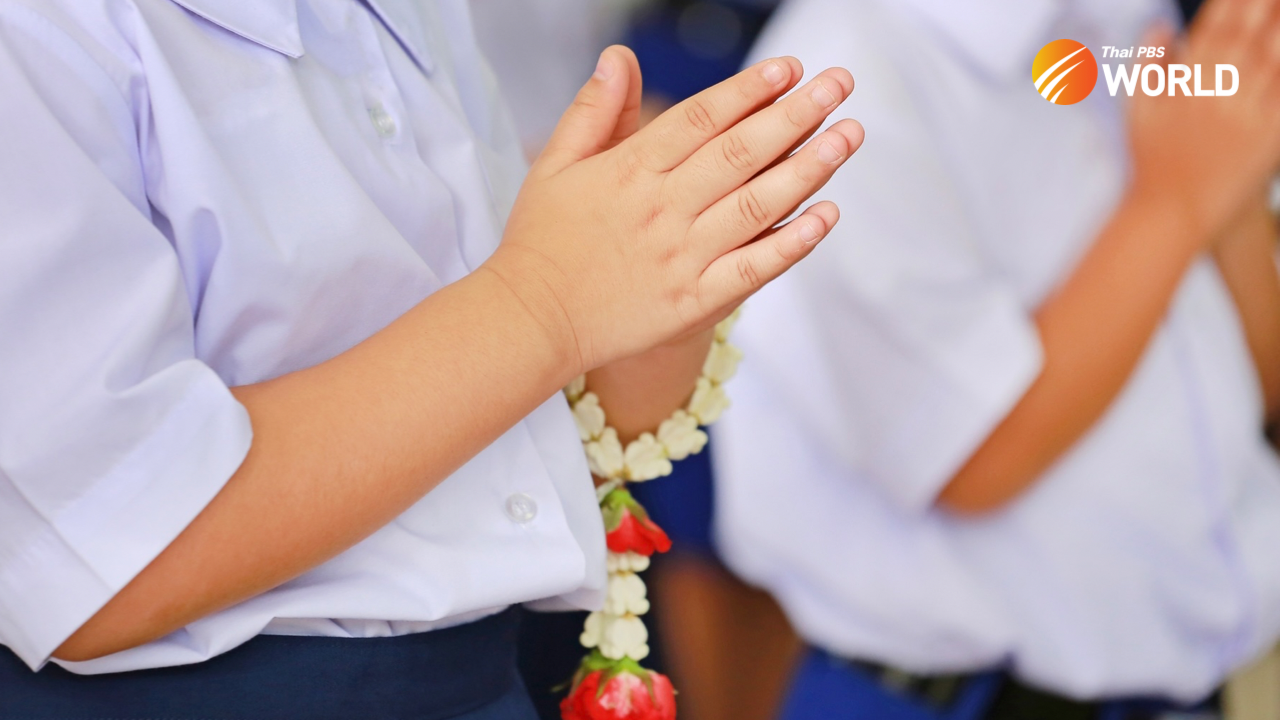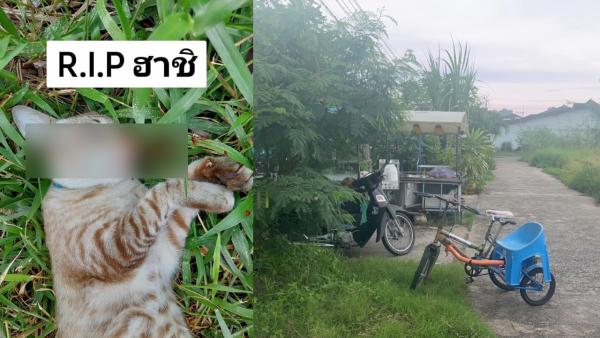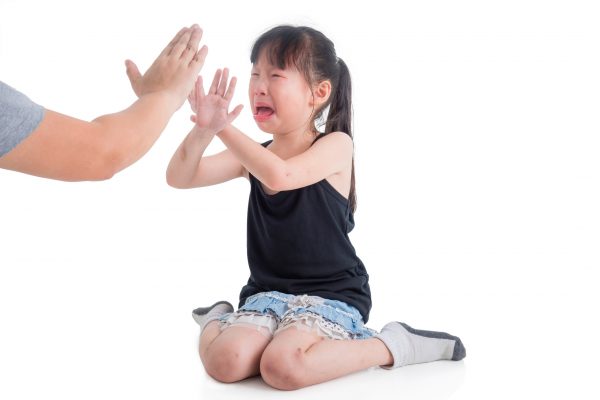Can Thai tradition of indebtedness, gratitude to parents cause more harm than good?

Thai society’s deep tradition of respect for elders means children are always expected to show gratitude to their parents. The long-held custom means children are also barred from taking legal action against an abusive father or mother.
However, this prohibition came under the spotlight recently when a 24-year-old woman begged a foundation to take her father to court on her behalf. She wanted payback for her beloved cat, which was abandoned by her dad before being run over and killed by a car.
While many Thais were shocked by her decision to sue a parent, others were worried about the controversial Civil and Commercial Code’s Article 1562. It states that nobody can file a lawsuit against their parents, no matter what is in dispute.

An ancient ban
Thai law bars all “Utalum” cases – cases against biological parents, grandparents or great-grandparents – from being heard in court. According to the Royal Institute Dictionary of the Thai language, “Utalum” stands for that which goes “against traditions, conventions and Dhamma”.
This ban has been in place for centuries. Indeed, during the reign of King Rama I (1782-1809), people were not only barred from taking legal action against their parents but could be caned for even thinking about it.
Prompted by this ancient law, the Civil and Commercial Code has continued prohibiting any legal action by a “descendant” (offspring) against an “ascendant” (older generation of the family).
Recognizing that the prohibition could infringe on a person’s rights, Thai courts have limited “ascendants” to three generations – the blood father, mother, grandfather, grandmother, great-grandfather and great-grandmother.

What if parents are abusive?
Data collected from one-stop crisis centers in state hospitals shows that on average three women or children are attacked by a family member in Thailand every hour, most often sexually.
But these numbers are just the tip of the iceberg. Many children may suffer silently at the hands of their parents and their plight usually goes unnoticed unless the child is seriously injured or someone steps in to help.
According to Thai law, people suffering at the hands of their parents can ask their close relatives to file a police complaint and let justice run its course via public prosecutors.
A person can also sue a biological father if he or she was born out of wedlock and not legally recognized as a legitimate child.
Courts will also accept a lawsuit initiated by a descendant if it does not involve a direct dispute between the child and his/her ascendants. For instance, if a child is a shareholder and suspects that his/her parent has embezzled from the company, then a case can be filed and accepted.
The weight of tradition
The 24-year-old woman who wants to sue her parent over her cat’s death said she wants her dad to realize that he cannot do anything he pleases just because he fathered her.
“He has always been rude and hot-tempered. I’ve already moved out, but because I had an errand to run, I left my cat with my mother. I never thought that he would just throw my cat out and it would get run over,” she said.
Her move has angered some traditionalists, but many other Thais have taken her side.
“It’s good to promote a sense of gratitude and duty towards parents, but we should also be aware that not all parents are good,” a netizen declared.
Another said: “Many children are tortured at home, but they keep quiet because they feel indebted to their parents and the public expects them to show respect and love for their parents.”






